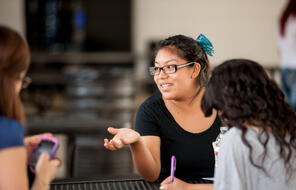Resource Library
Find compelling classroom resources, learn new teaching methods, meet standards, and make a difference in the lives of your students.
We are grateful to The Hammer Family Foundation for supporting the development of our on-demand learning and teaching resources.

Introducing Our US History Curriculum Collection
Draw from this flexible curriculum collection as you plan any middle or high school US history course. Featuring units, C3-style inquiries, and case studies, the collection will help you explore themes of democracy and freedom with your students throughout the year.
3282 Results
Civics for All Resources for NYC Public Schools
This collection features all the Facing History resources recommended in the New York Department of Education’s Civics for All curriculum.
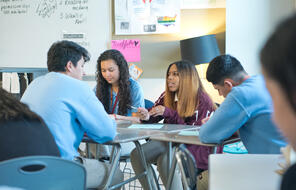
Children of Willesden Lane
This collection includes resources to accompany the text The Children of Willesden Lane, the powerful true story of Lisa Jura, who fled Nazi-occupied Vienna on the Kindertransport as a child.

Media and Strategies for Teaching Farewell to Manzanar
Find the teaching strategies, media, and online resources referenced throughout the Teaching Farewell To Manzanar guide.
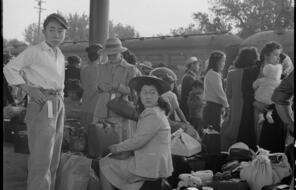
Media and Strategies for Teaching Warriors Don’t Cry
Find the teaching strategies, media, and online resources referenced throughout the Warriors Don't Cry memoir teaching guide.
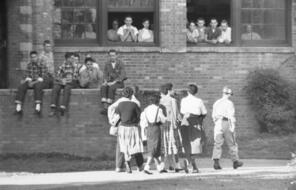
Angel Island Immigration Station: Exploring Borders and Belonging in US History
This 5-7 day C3-aligned inquiry explores the compelling question “How does the history of the Angel Island Immigration Station help us understand how borders are erected, enforced, and challenged?”
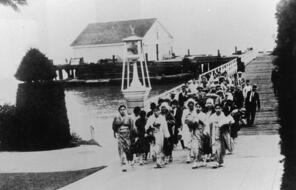
Democracy and Current Events
This toolkit provides lessons and strategies for helping your students make sense of issues in the news related to democracy.
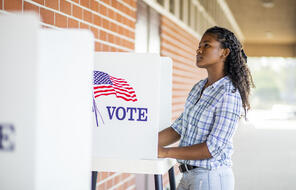
Racialized Antisemitism
Examine how racialized antisemitism has impacted Jews and Jewish communities over the past few centuries with the resources in this collection.
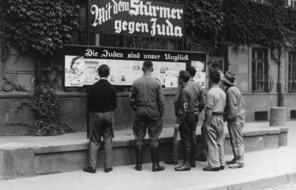
Antisemitism Today
Help equip students to recognize contemporary manifestations of antisemitism and their origins using these resources.

Addressing Current Events in the Classroom
Get resources for addressing troubling antisemitic incidents persisting around the world today with your students.

Combating Antisemitism and Racism
Help students strengthen their civic voices by exploring examples of individuals who are choosing to participate and make their voices heard in their communities.
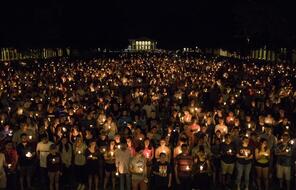
Educator Resources for New England Holocaust Memorial
A curation of educational resources for school groups visiting the New England Holocaust Memorial.

